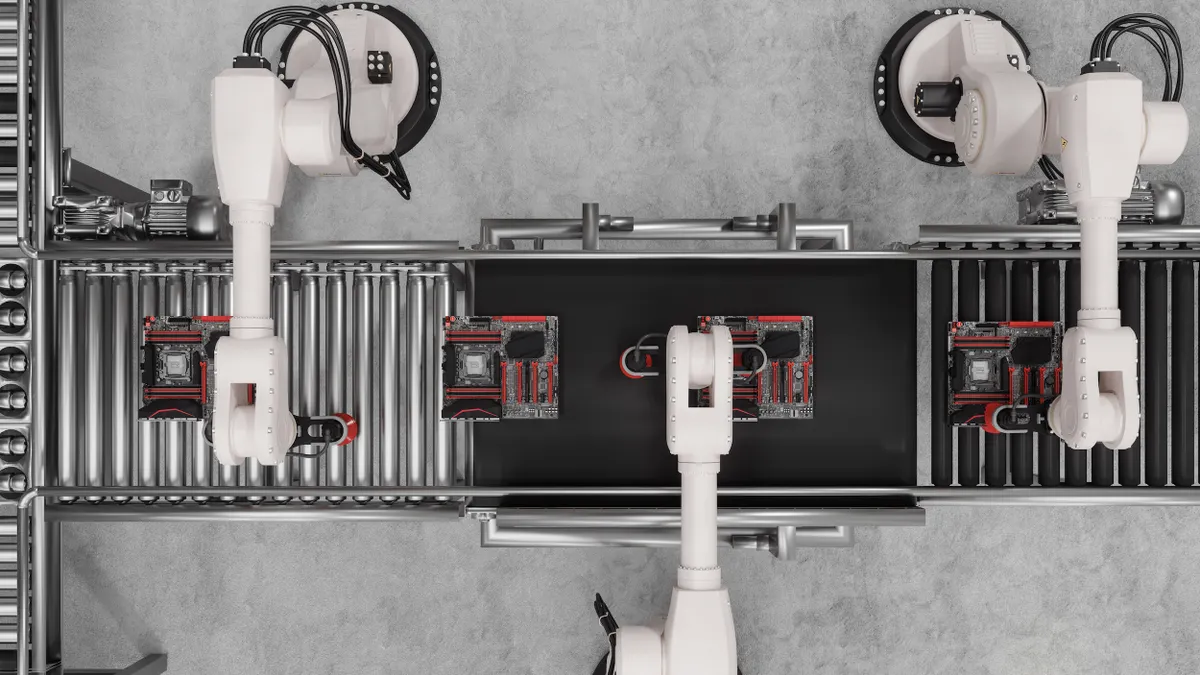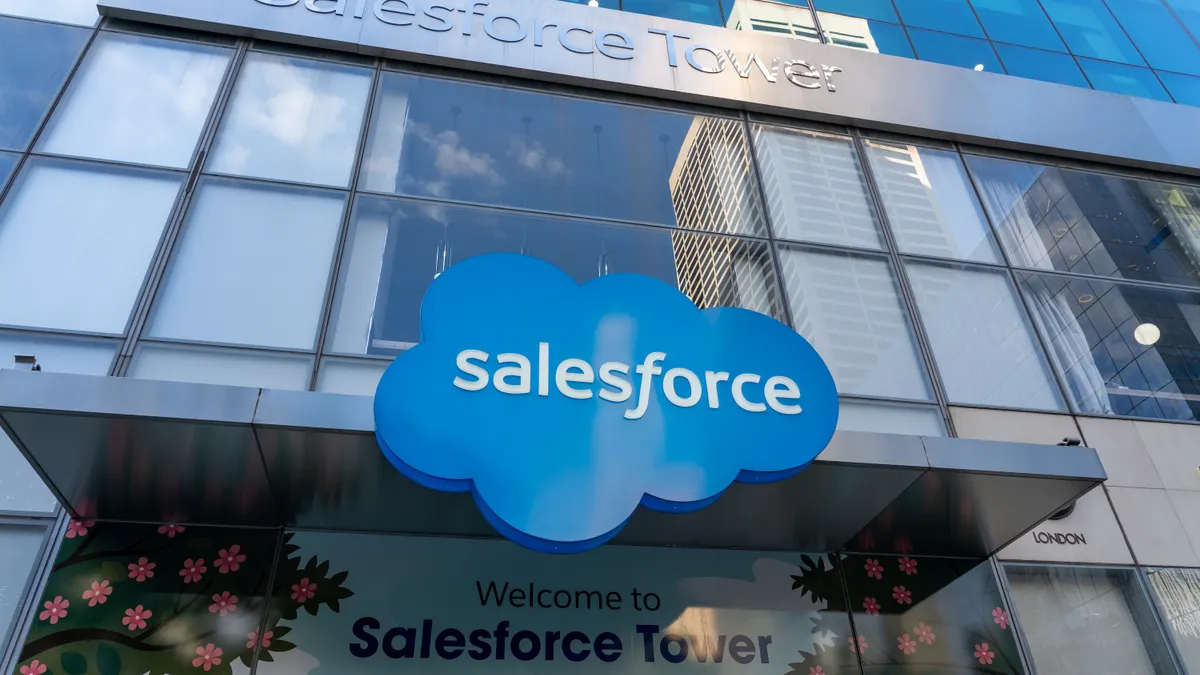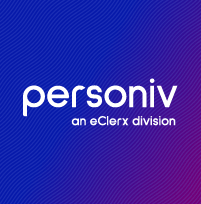Growing up, Amanda Armour was very much into gaming and technology. "I have always been around a lot of people of color who love games and gaming," Armour, head of people at gaming software company Versus Systems, told HR Dive in an interview. "That has been a huge part of my personal canon and narrative."
A self-identified person of color, Armour was surprised to encounter biases that led others to believe people of color aren't interested in those passions, despite her own experiences.
It's not uncommon to hear criticism of the gaming industry's progress on diversity and inclusion. A 2018 report from the Entertainment Software Association, the industry's main U.S. trade group, showed women made up only 22% of the industry's workforce despite representing more than 40% of U.S. gamers. One percent of respondents to a 2017 survey of game developers by the International Game Developers Association identified as "Black/African American or African," Polygon reported.
Initially, Armour didn't expect her love of role-playing games and video gaming to be a huge part of her professional life, she said. In college, she focused her studying on neuroscience and psychology with an emphasis on diversity and inclusion, among other subject areas. Armour said she thought she was on the track to stay in academia. Then she began working in tech and, later, communications.
Throughout it all, Armour realized the appeal of bringing together people of varied backgrounds. It's something that drives her strategy leading people operations at Versus: "Having all of those voices in a room makes a very big difference," she said. "It most certainly has helped us [in] building our products."
Hiring with an eye toward culture
At Versus, Armour has taught those involved in hiring to look beyond applicants' resumes. "I think we can all think of times and examples where we heard someone's name and think we know everything about them," she said.
Armour and her team downplay education requirements in favor of other elements, like experience within the tech and gaming industries. Even on the latter point, though, Versus believes in ensuring those with non-traditional paths to the industry are included. "We've had many people who are not computer science majors," Armour said, noting that employees bring backgrounds in mathematics, music and film, among others. Many are self-taught. But the ability to think systematically and problem solve effectively are also key, she added.
The company also has a "cultural component" to its interview process. It asks each candidate to teach the interviewer about something the candidate cares about, even if that thing doesn't deal directly with work, Armour said.
Candidates have shared myriad passions, from teaching language lessons to cosplay. One of Armour's favorites came from an engineer who created an app for his daughters that would allow them to interact with Santa Claus. "He loves his family — he's staying up until 4 a.m. to create this app. Now he's telling us about it and why he thinks it's amazing and cool."
The cultural interview component is an indirect way for Versus to learn what candidates care about, and it's also one of the ways the company creates culture, Armour said.
'You don't need to hide who you are'
Flexibility is one way to ensure employees feel included and trusted, Armour said: "We make sure people are to live their best life for how they work."
Making the case for a formal remote work policy was one of her key goals as Versus grew from a workforce of mostly single people to include those with families. It helped, she said, that the Los Angeles-based company's executive team was somewhat accustomed to remote work. Its chief technology officer, for example, is based in Las Vegas.
Yet, this process "was still a bit of a climb," Armour said. She conducted surveys of employees to gauge how they felt about Versus and what improvements they suggested. "The remote thing kept coming up," she said.
Armour said she was eventually successful in convincing leadership to consider remote work. "You've given your personal stamp of approval to every person I've brought, and they all do incredible work," Armour said she told her CEO, "do you trust them or don't you?" It's a decision that has allowed Versus to recognize that employees have different needs and can have time to take care of the things going on in their lives, so long as the work gets done.
"A lot of it is that we don't separate our work and home selves," Armour said. "You don't need to hide who you are."
HR as a tool
Though HR is a big part of her job, Armour doesn't view the head of people role as an HR role, she said. "Because I came to it pretty untraditionally, I view HR as a tool that is used to create an environment that is best for your people," Armour said. She explained that her role allows for a broader focus compared to traditional HR.
Being around smart and passionate people was one of the things that appealed most to Armour about working in academia, but it was missing the opportunity to drive change and innovate. "What was missing was taking that knowledge and passion and making it into something that everyone can use," she said.
Making way for new D&I initiatives will likely require a transitional period, according to Armour, but getting leadership to buy into HR's goals is perhaps the biggest hurdle to clear. "If your CEO doesn't buy into it, it can't go anywhere."





















